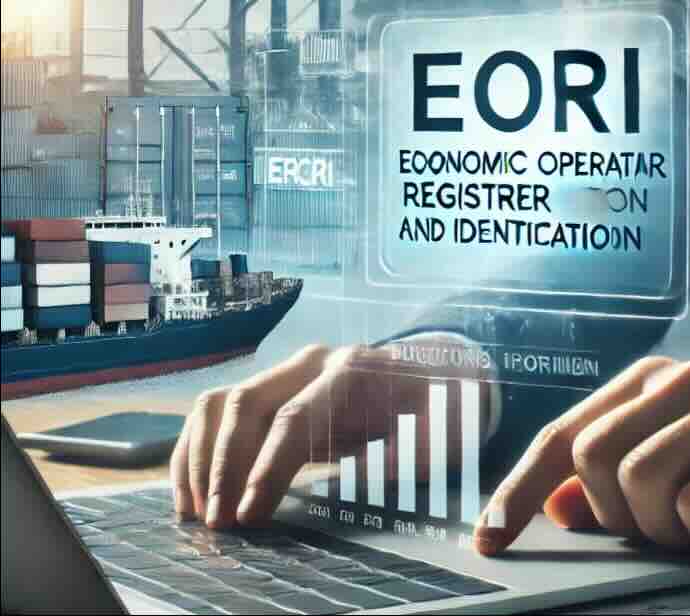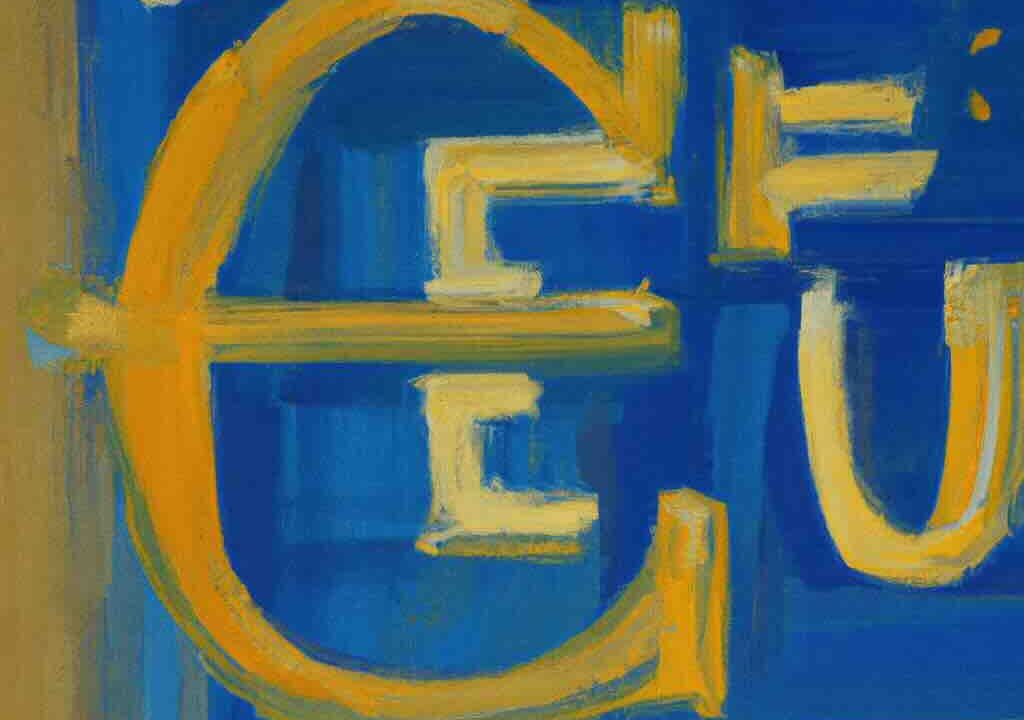In today’s interconnected global marketplace, international trade has become an integral part of many businesses. However, navigating the complexities of cross-border transactions can be challenging, especially when it comes to customs procedures. To facilitate smoother trade operations within the European Union (EU), the Economic Operator Registration and Identification (EORI) number plays a crucial role. In this blog post, we’ll delve into the significance of the EORI number, its benefits, and how it simplifies international trade for the buyer community.
Content…
What is the EORI Number?
The Economic Operator Registration and Identification (EORI) number is a unique identifier assigned to companies and individuals engaged in international trade within the EU. It serves as a standardized identification for customs authorities, allowing for streamlined customs procedures and accurate record-keeping.
The Economic Operator Registration and Identification system was introduced by the European Union (EU) to facilitate and streamline customs procedures within its member states. It was established as part of the EU’s efforts to enhance security, transparency, and efficiency in international trade.
The history of the Economic Operator Registration and Identification system can be traced back to the early 2000s. In 2008, the European Commission adopted Regulation (EC) No 312/2009, which established the legal framework for the EORI system across the EU. The regulation aimed to create a harmonized identification system for economic operators involved in customs activities.
In the context of the Economic Operator Registration and Identification (EORI) system, an economic operator refers to a business or individual engaged in commercial activities involving international trade within the European Union (EU). It encompasses a wide range of entities, including importers, exporters, customs agents, freight forwarders, logistics providers, manufacturers, distributors, and other stakeholders involved in the movement of goods across borders.
Prior to the implementation of the EORI system, there was no standardized identification number for economic operators engaged in cross-border trade within the EU. This lack of uniformity posed challenges for customs authorities in tracking and managing trade flows effectively.
The introduction of the EORI system addressed these issues by providing a unique identifier for businesses and individuals engaged in customs activities. It helped customs authorities to streamline customs procedures, improve risk management, and enhance security throughout the supply chain.
The EORI system became mandatory for all EU member states, and economic operators were required to register and obtain an EORI number to engage in import, export, or other customs-related activities. The system aimed to ensure compliance with customs regulations, enable effective customs controls, and foster efficient trade operations within the EU.
Over the years, the EORI system has evolved and adapted to changing trade dynamics and security requirements. It has become an integral part of customs processes, serving as a key element in trade facilitation and risk management initiatives.
Today, the EORI system continues to play a crucial role in simplifying international trade within the EU. It has contributed to the creation of a standardized and transparent framework for customs procedures, promoting trade efficiency, and facilitating the smooth flow of goods across borders.
Overall, the history of the EORI system reflects the EU’s commitment to enhancing trade facilitation, security, and compliance within its member states, thereby fostering a robust and interconnected European marketplace.
Why is the EORI Number Important?
a) Compliance with Customs Regulations: The EORI number ensures compliance with customs regulations by providing a means for customs authorities to track and identify economic operators involved in import, export, or other customs activities within the EU.
b) Efficient Customs Procedures: With the EORI number, buyers can facilitate efficient customs clearance processes, including customs declarations, import/export controls, and payment of customs duties and taxes. It enables smoother customs operations, minimizing delays and administrative challenges.
Obtaining an EORI Number
a) Registration Process: Buyers engaged in cross-border trade with the EU member states need to register for an EORI number. The registration process may vary depending on the country in which the business is established. Typically, it involves submitting an application to the customs administration of the respective EU member state or using online registration portals provided by customs authorities.
b) Validity and Portability: Once obtained, the EORI number is generally valid indefinitely, unless there are changes in the business structure or updates due to regulatory changes. Importantly, the EORI number is portable within the EU, allowing buyers to use the same number for customs procedures in all EU member states.
Utilizing the EORI Number
a) Inclusion on Customs Documents: Buyers must include their EORI numbers on customs declarations, invoices, and other customs-related documents. This ensures accurate identification and tracking of goods, facilitating seamless customs processes.
b) Cross-Border Trade Operations: The EORI number plays a vital role in facilitating trade operations within the EU. It streamlines customs clearance, enables customs controls, and ensures compliance with customs regulations, ultimately fostering efficient and reliable cross-border transactions.
Benefits of the EORI Number
a) Simplified Customs Procedures: The EORI number allows for simplified customs processes, reducing delays and administrative burdens associated with international trade.
b) Compliance and Trustworthiness: Possessing an EORI number demonstrates a buyer’s commitment to compliance with customs regulations, enhancing trustworthiness and credibility in the eyes of customs authorities and business partners.
c) Seamless EU-wide Operations: The portable nature of the EORI number enables buyers to conduct trade operations smoothly across all EU member states, eliminating the need for separate registrations in each country.
Conclusion Economic Operator Registration
The Economic Operator Registration and Identification (EORI) number serves as a vital tool for buyers engaged in international trade within the EU. By obtaining and utilizing the EORI number, buyers can streamline customs procedures, ensure compliance with customs regulations, and foster efficient cross-border transactions. It simplifies the complexities of international trade, enabling businesses to navigate customs processes with ease and confidence.
Remember, embracing the EORI number is not just a compliance requirement but also a strategic advantage in the increasingly interconnected world of international trade within the European Union.

The Operative Buyer role manage Purchase Orders and transactions with supplier potentially all over the world. If you want to learn more about Operative Procurement we recommend following offering: Basics for an Operative Buyer. EFFSO introduces the Purchasing function and recent years’ changes in purchasing. The course is based on Arjan van Weele’s definition of operational and tactical purchasing and if you want a package for a team, this is also an option.
Note: Illustration to the blogpost “Economic Operator Registration and Identification (EORI)” was created by Chat-GPT.
